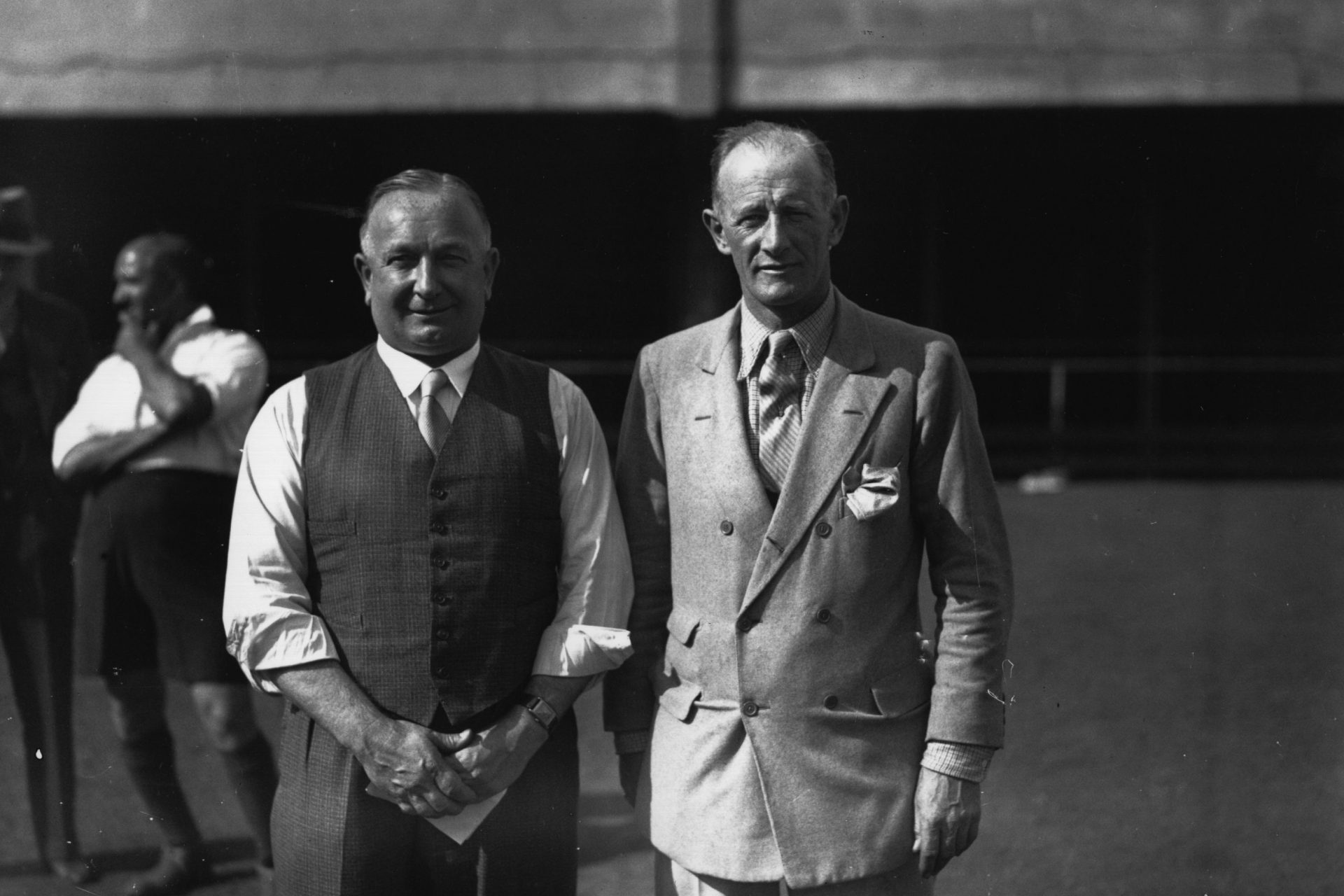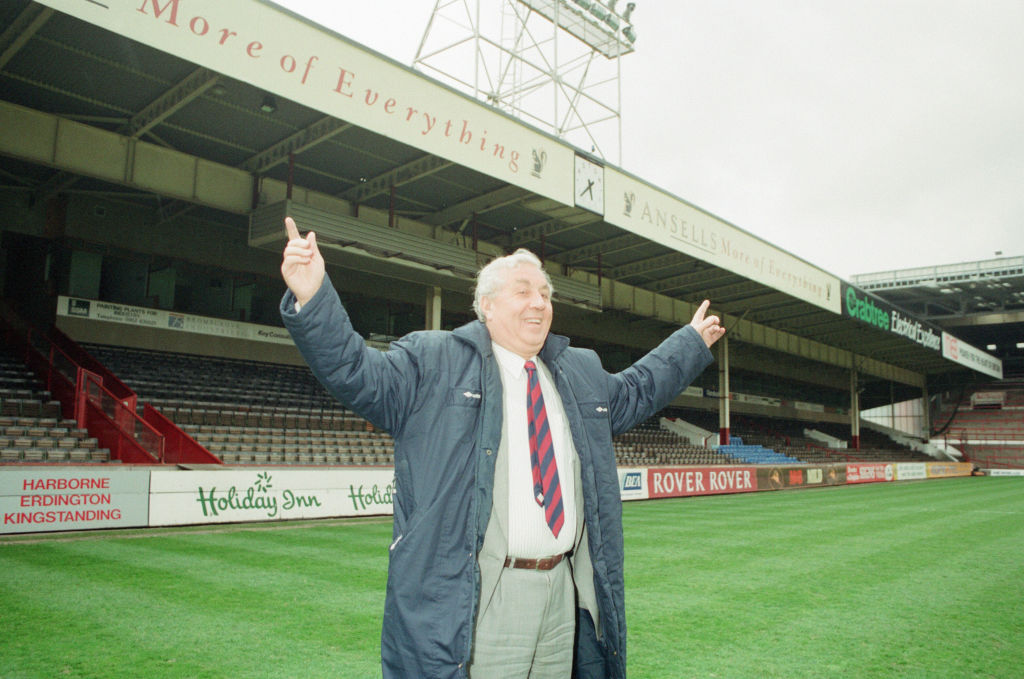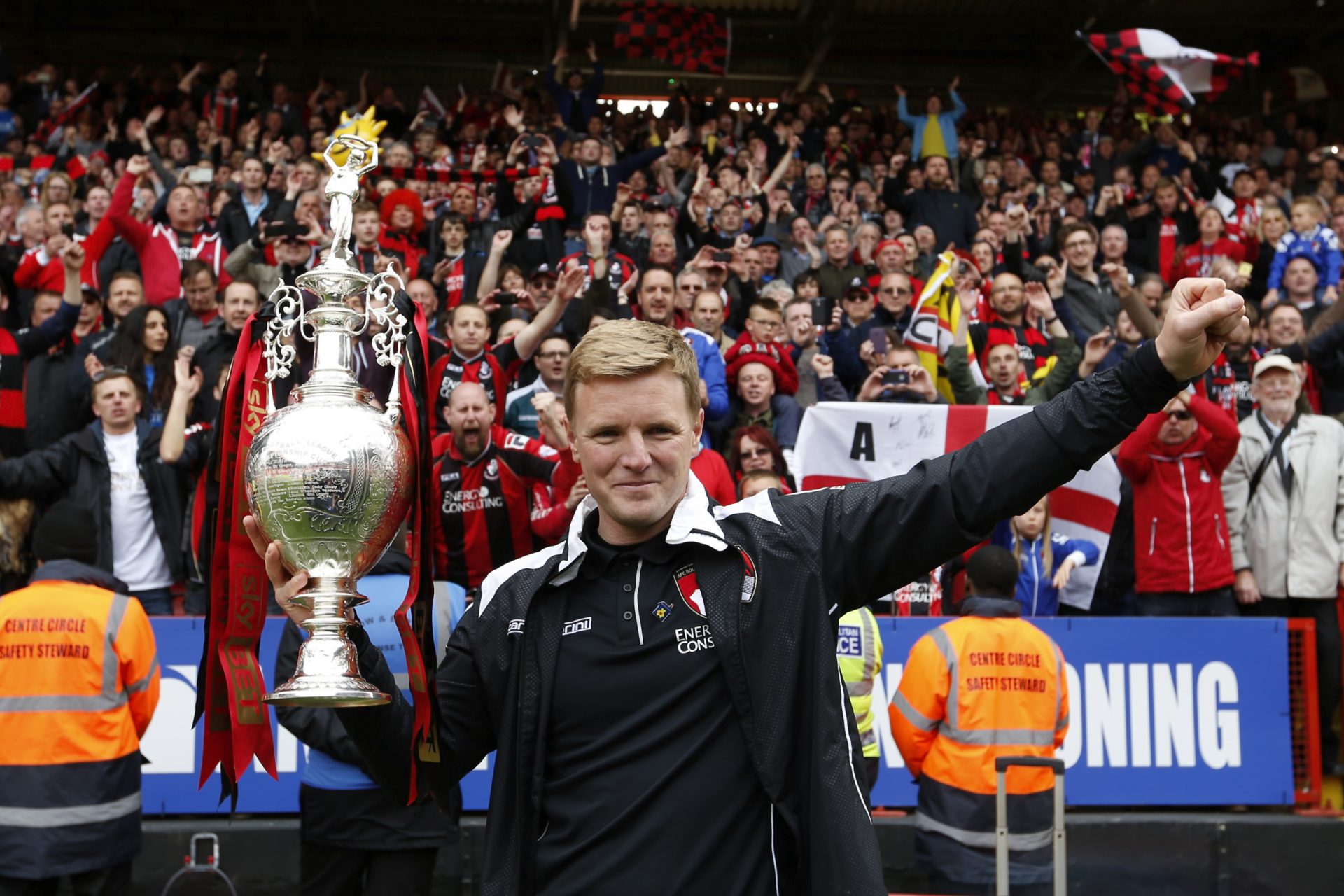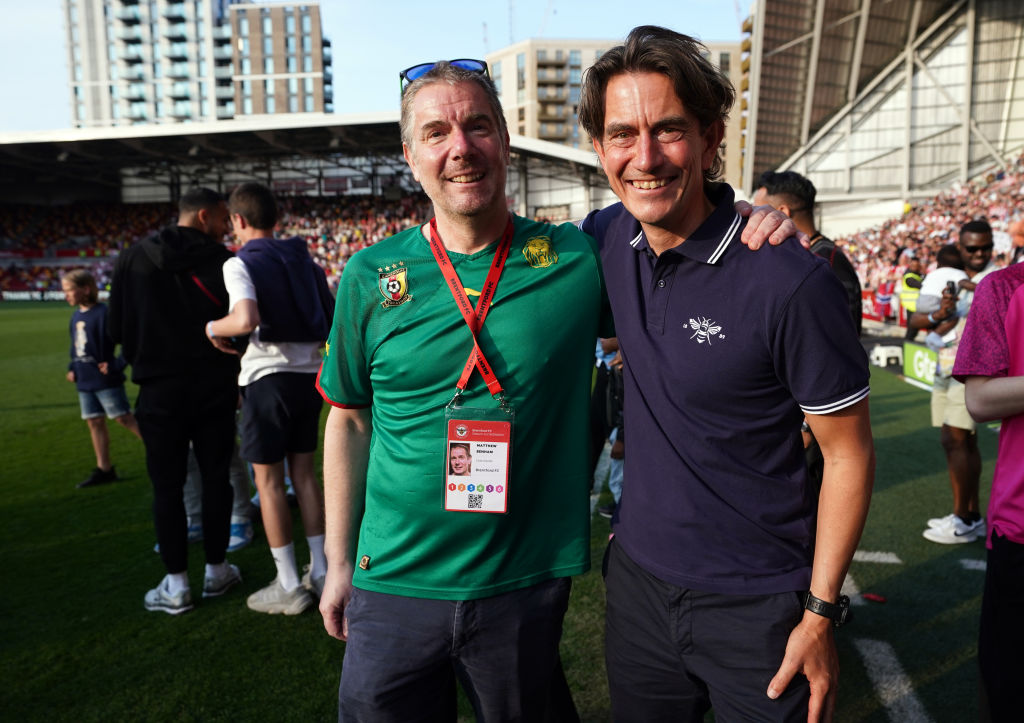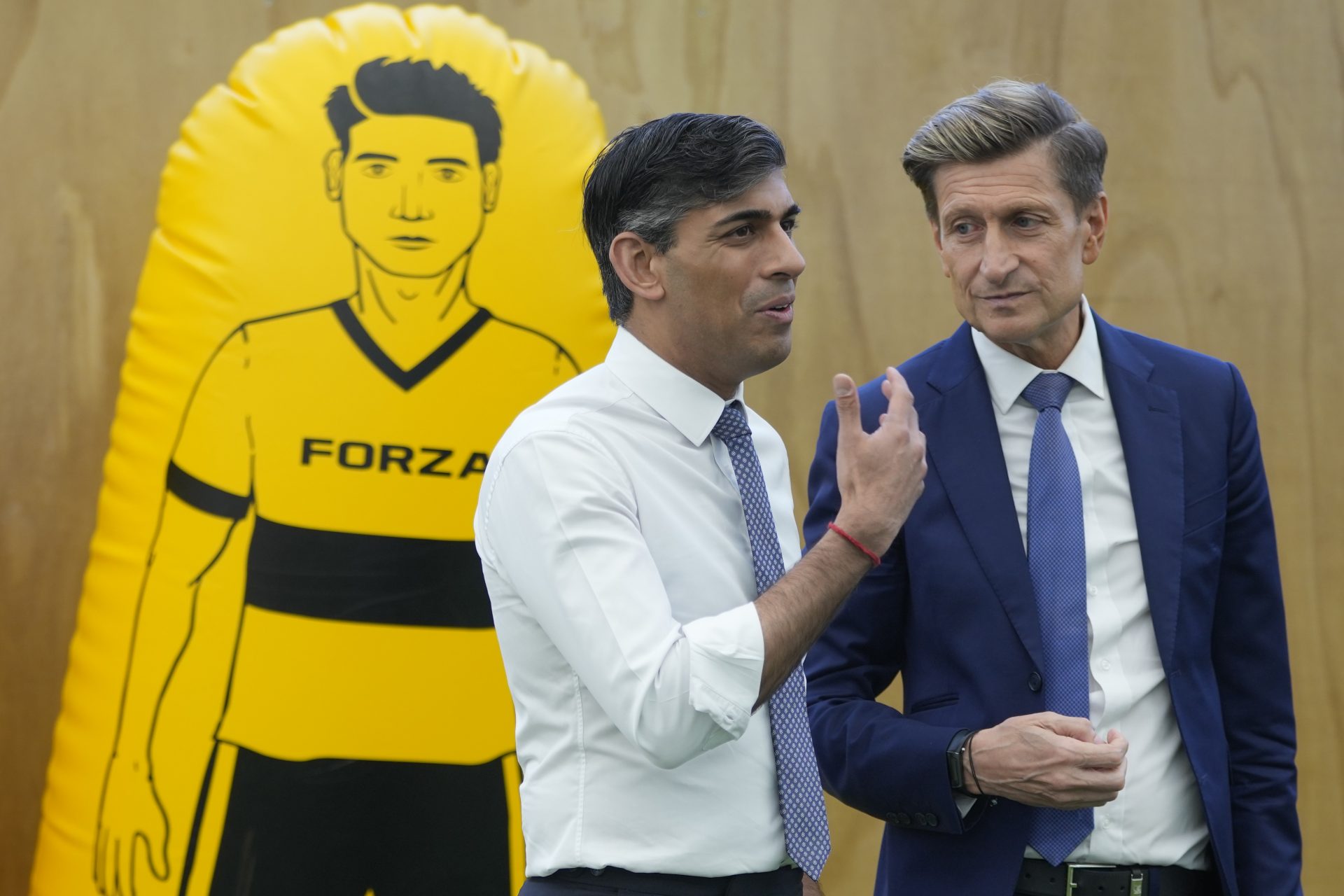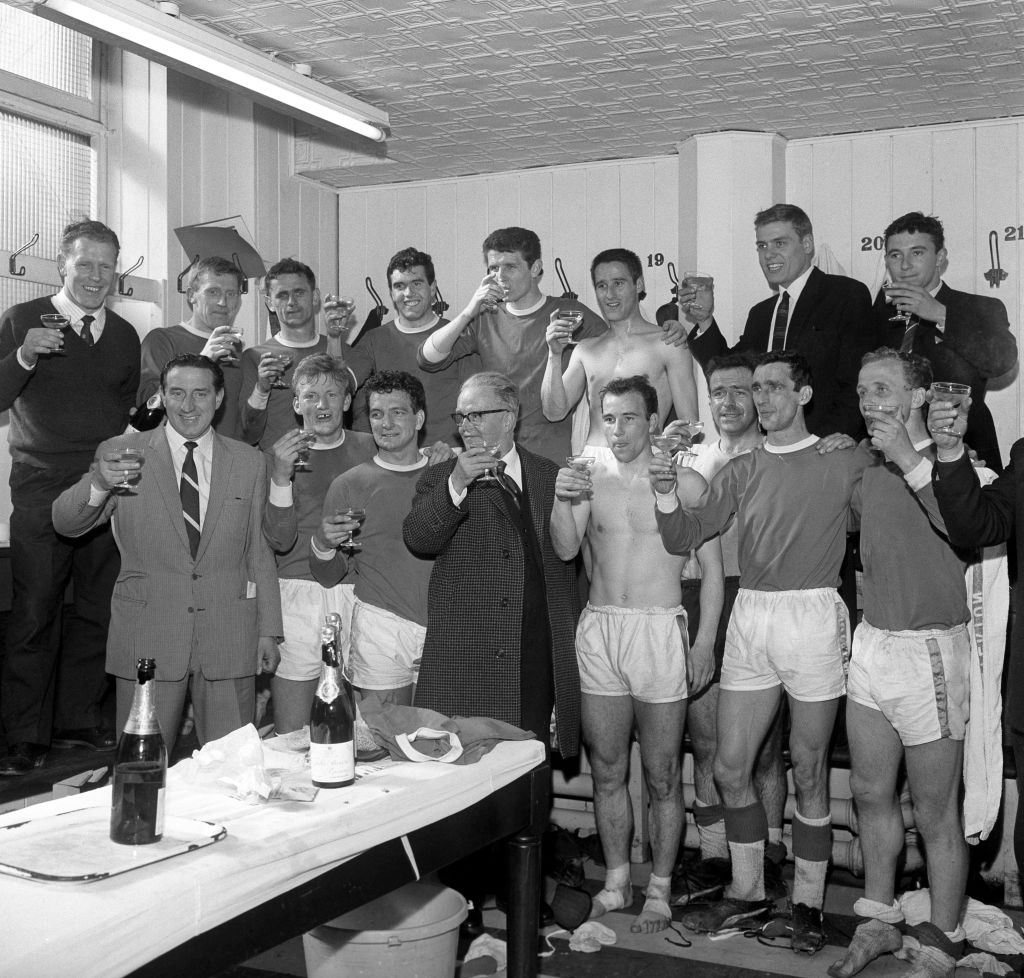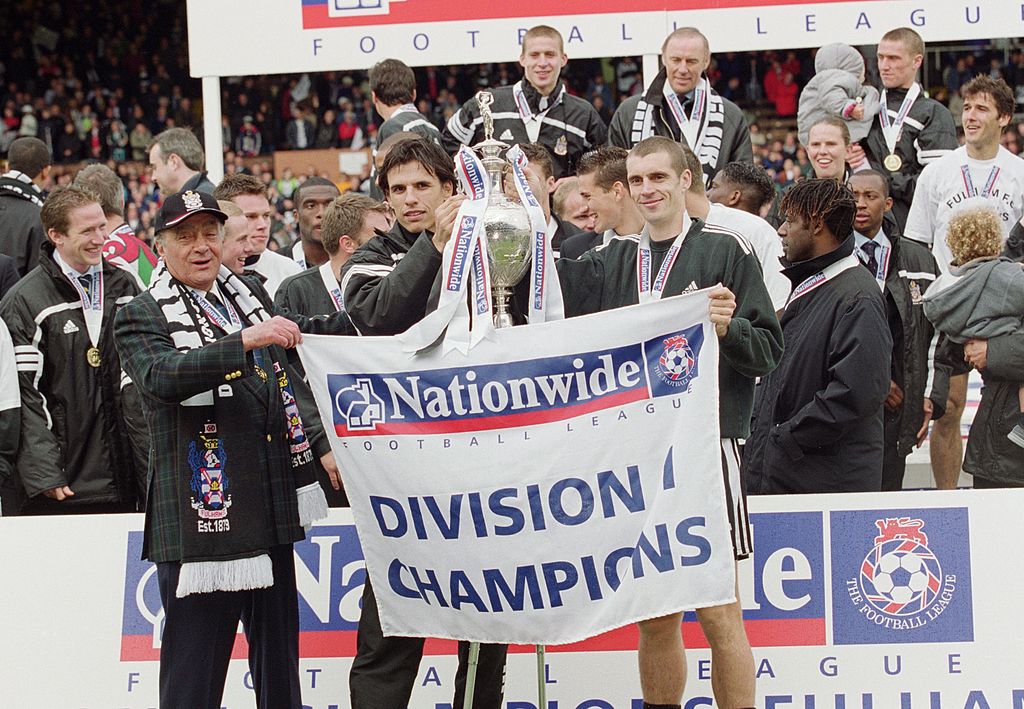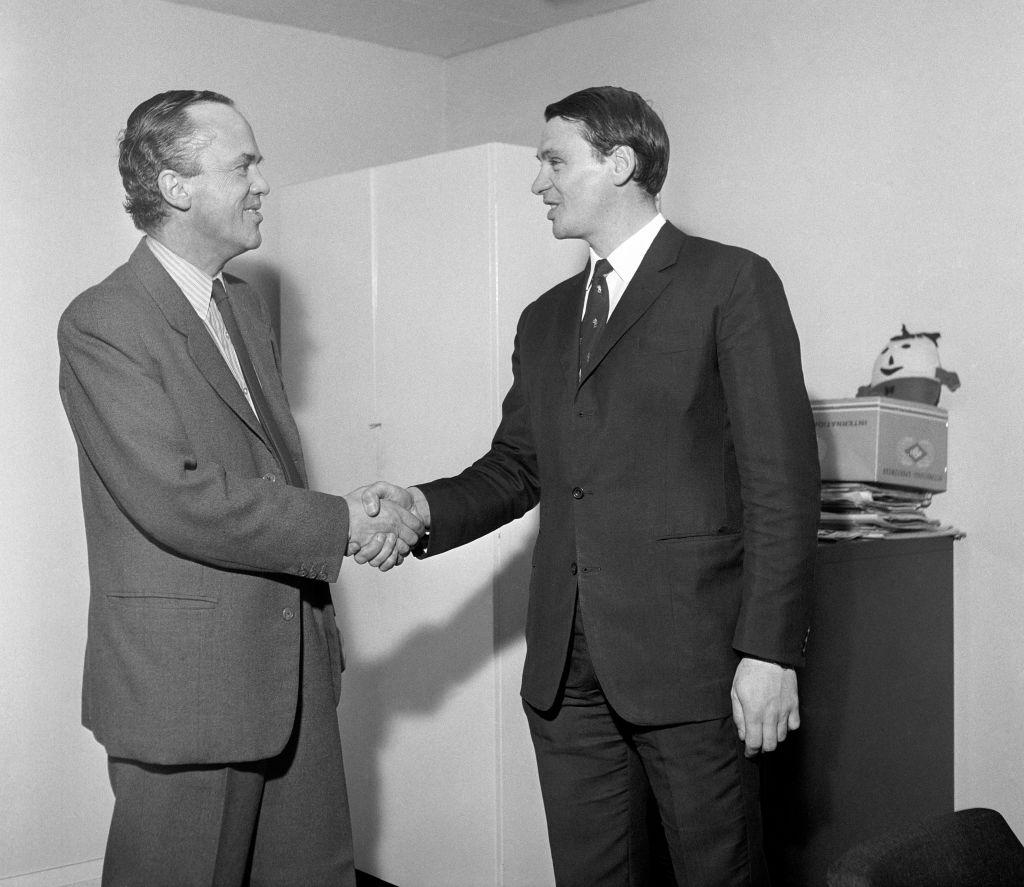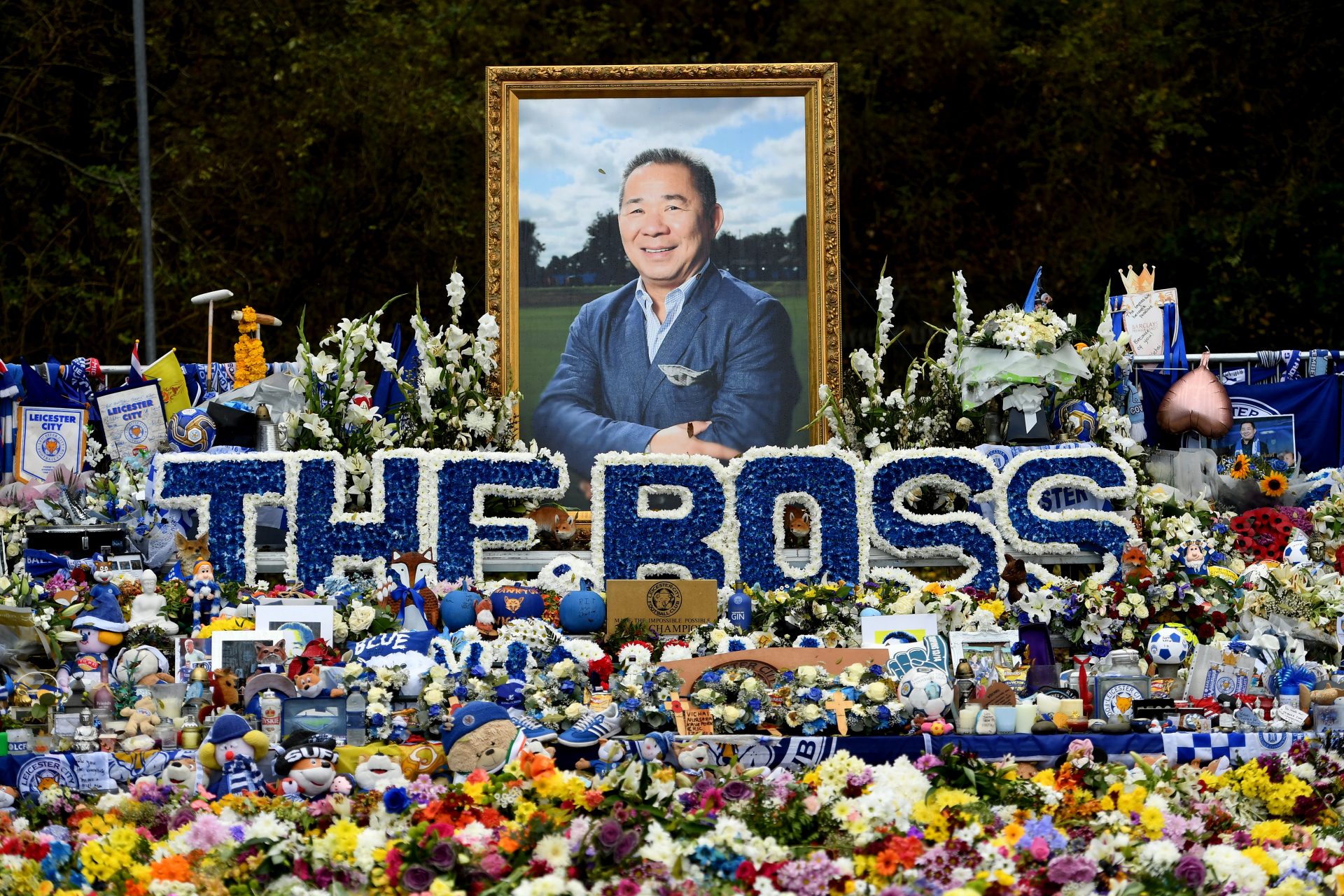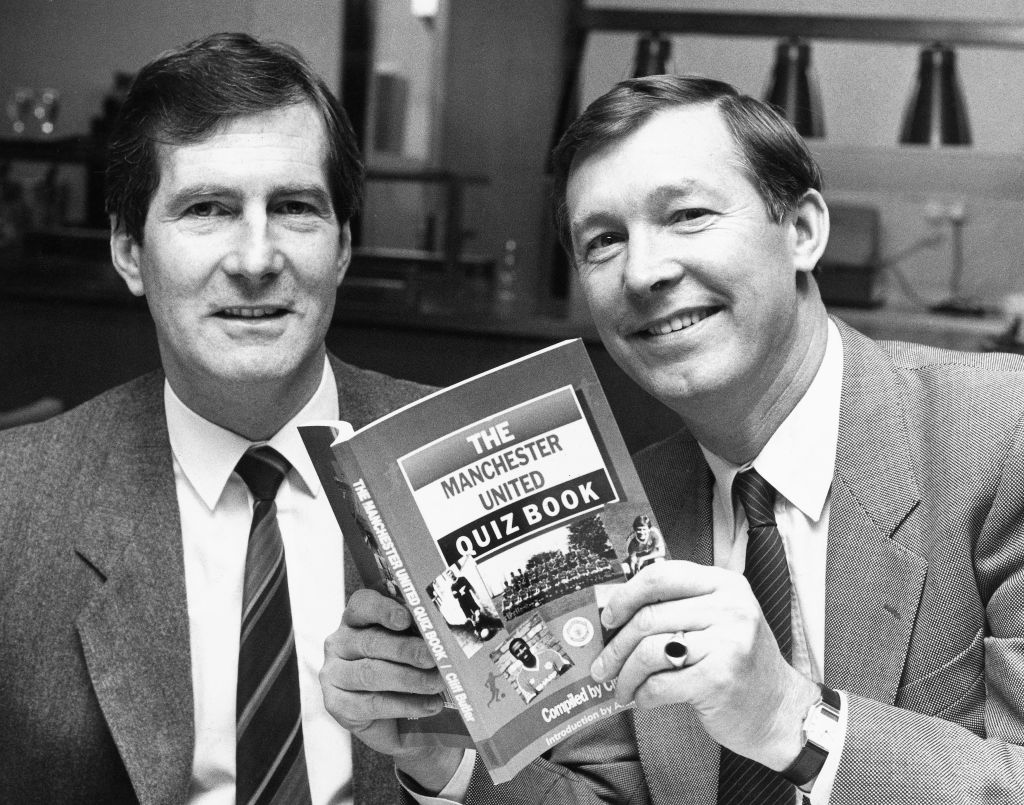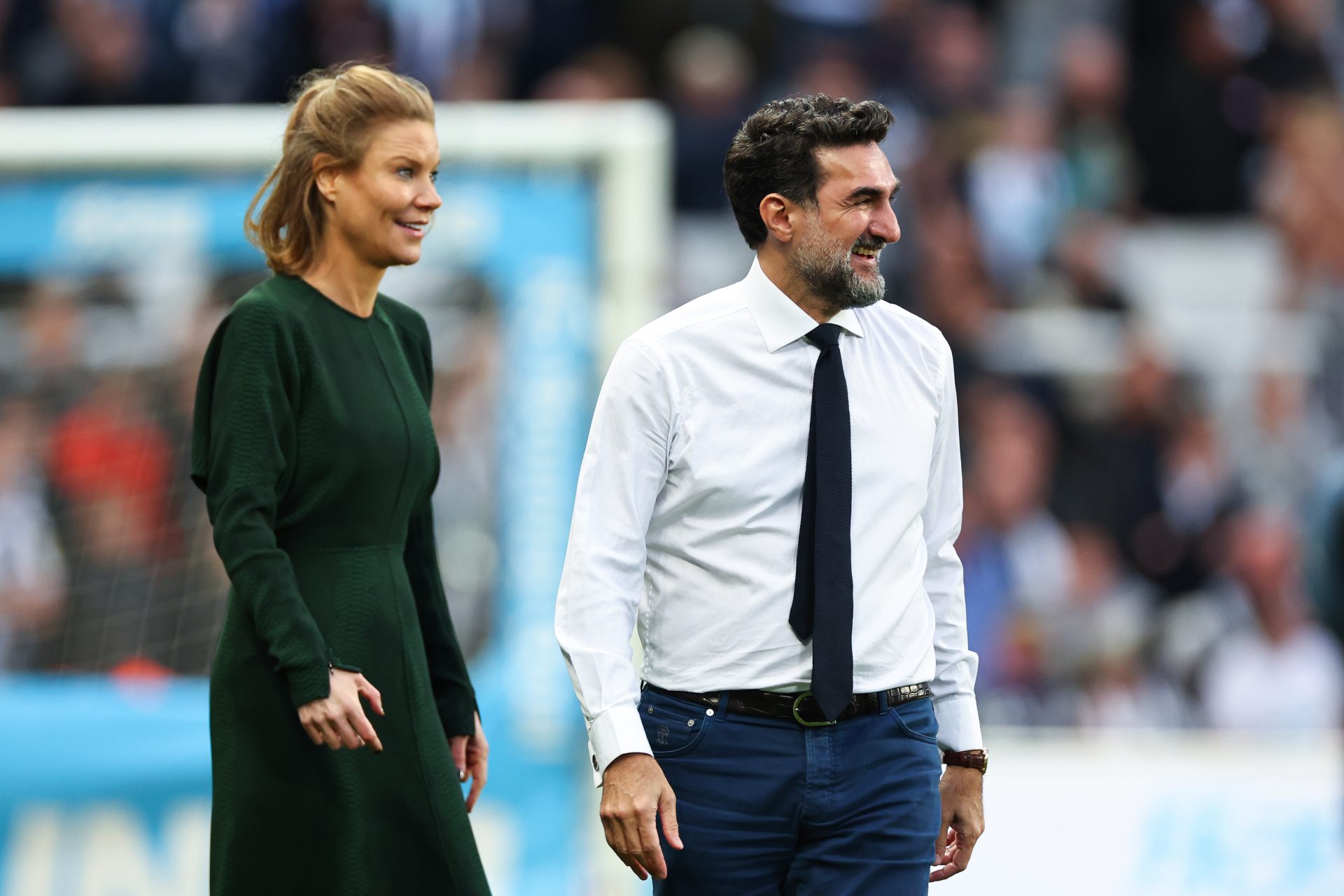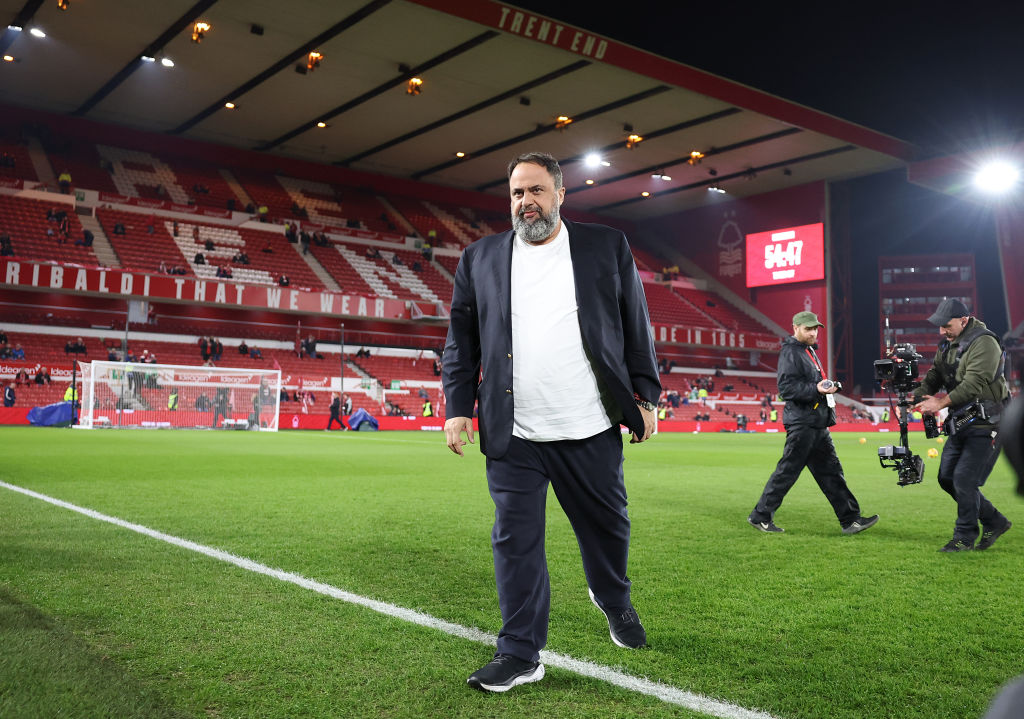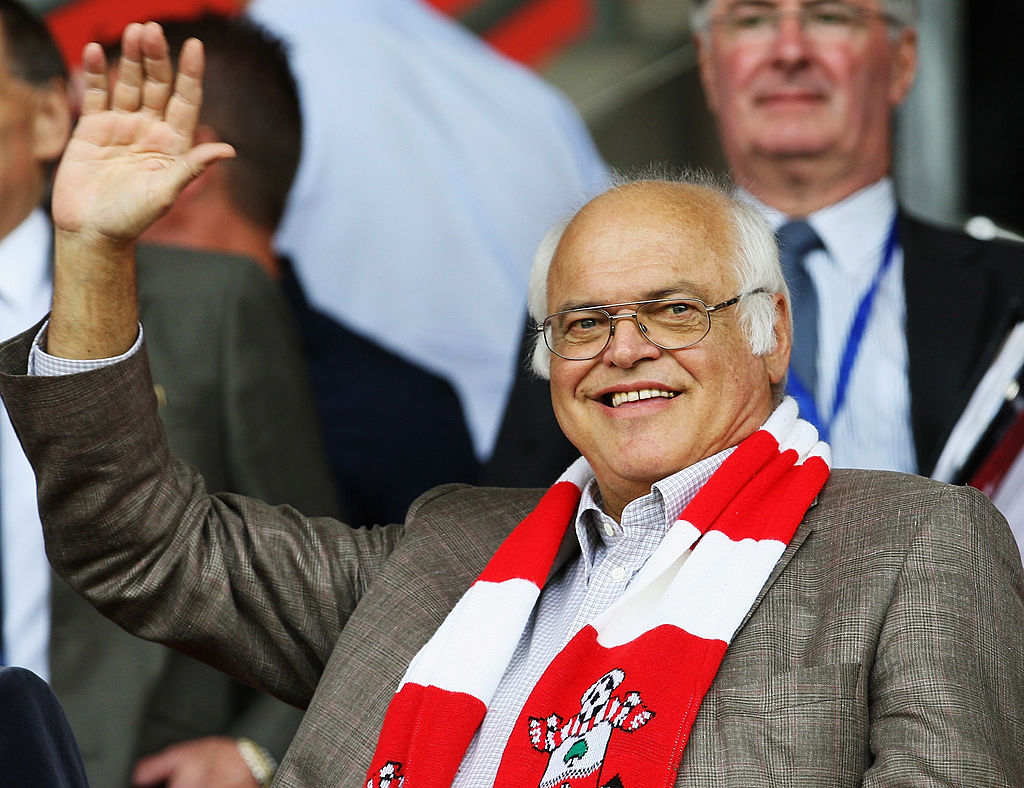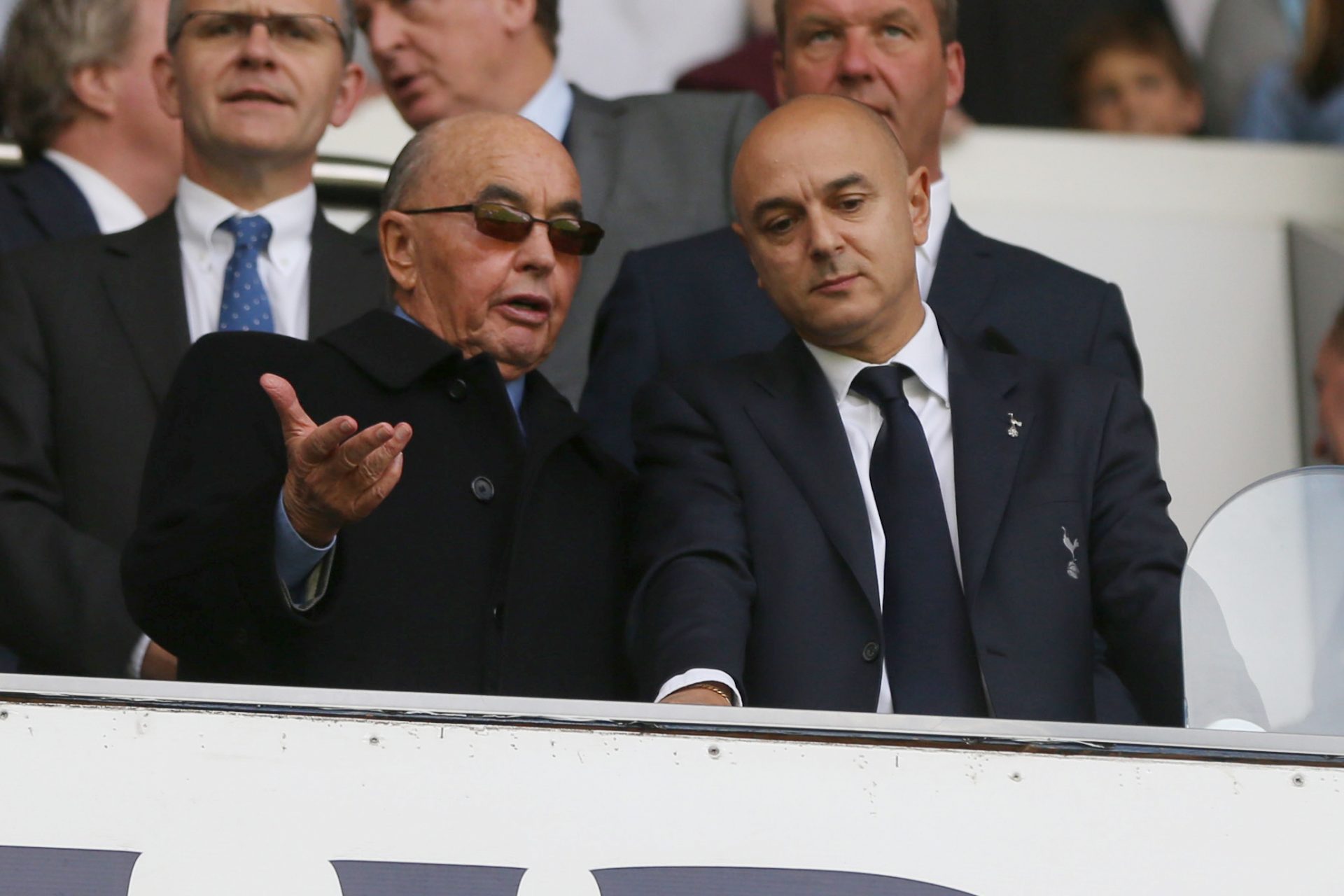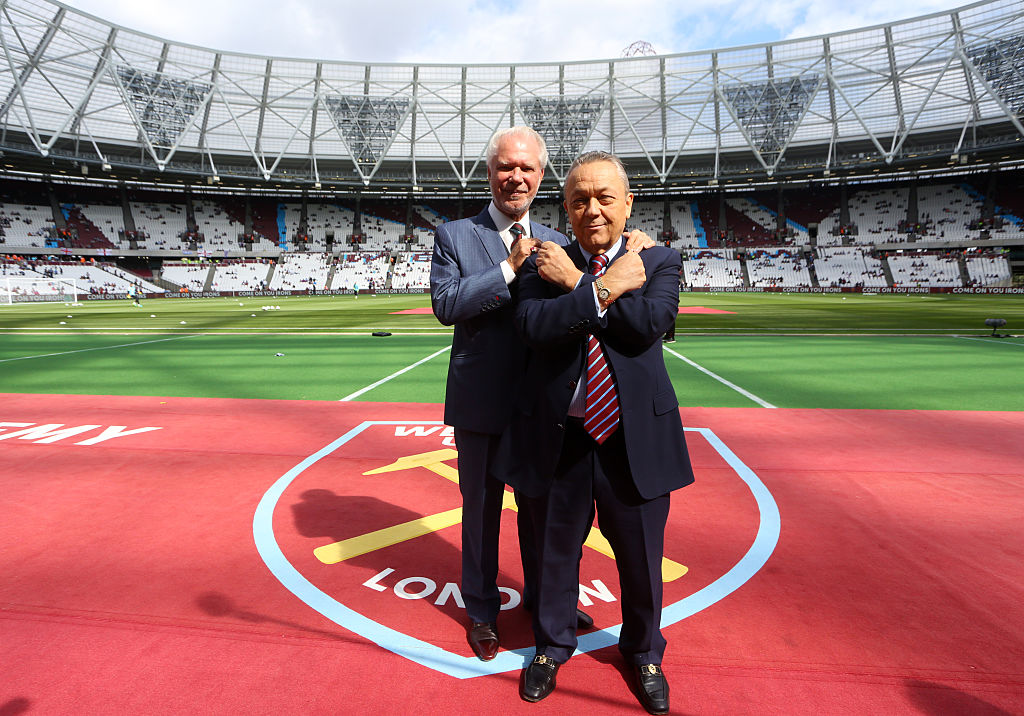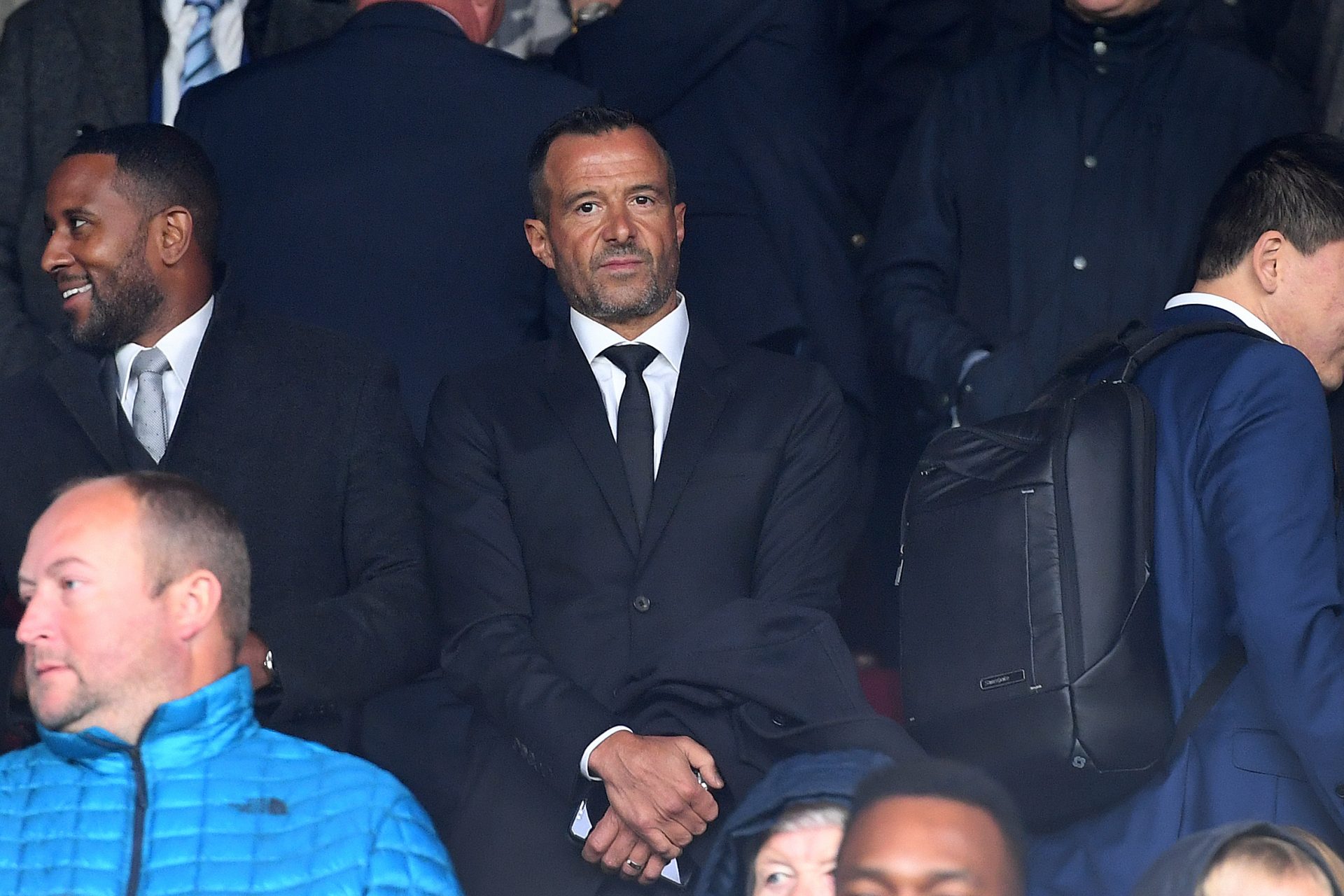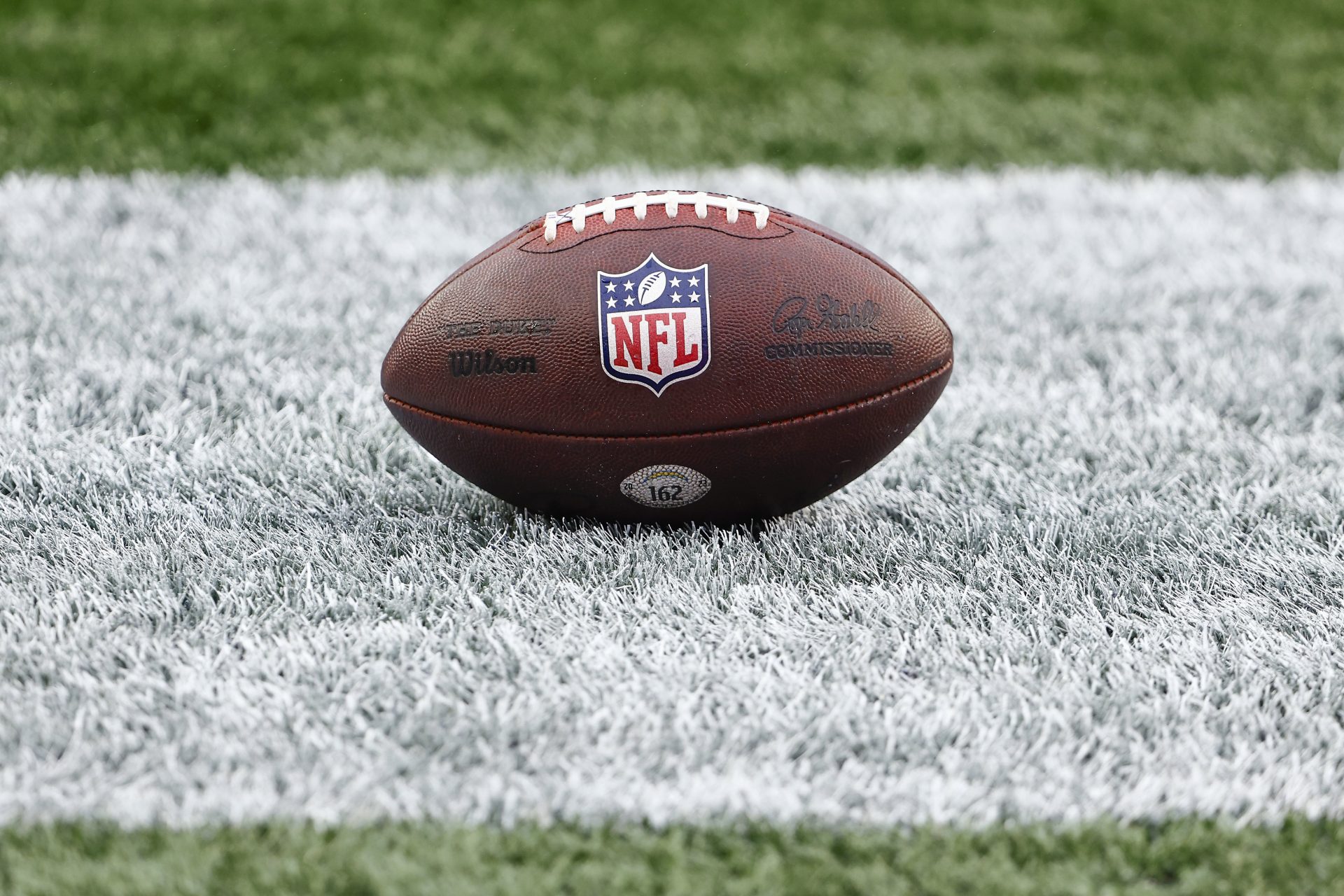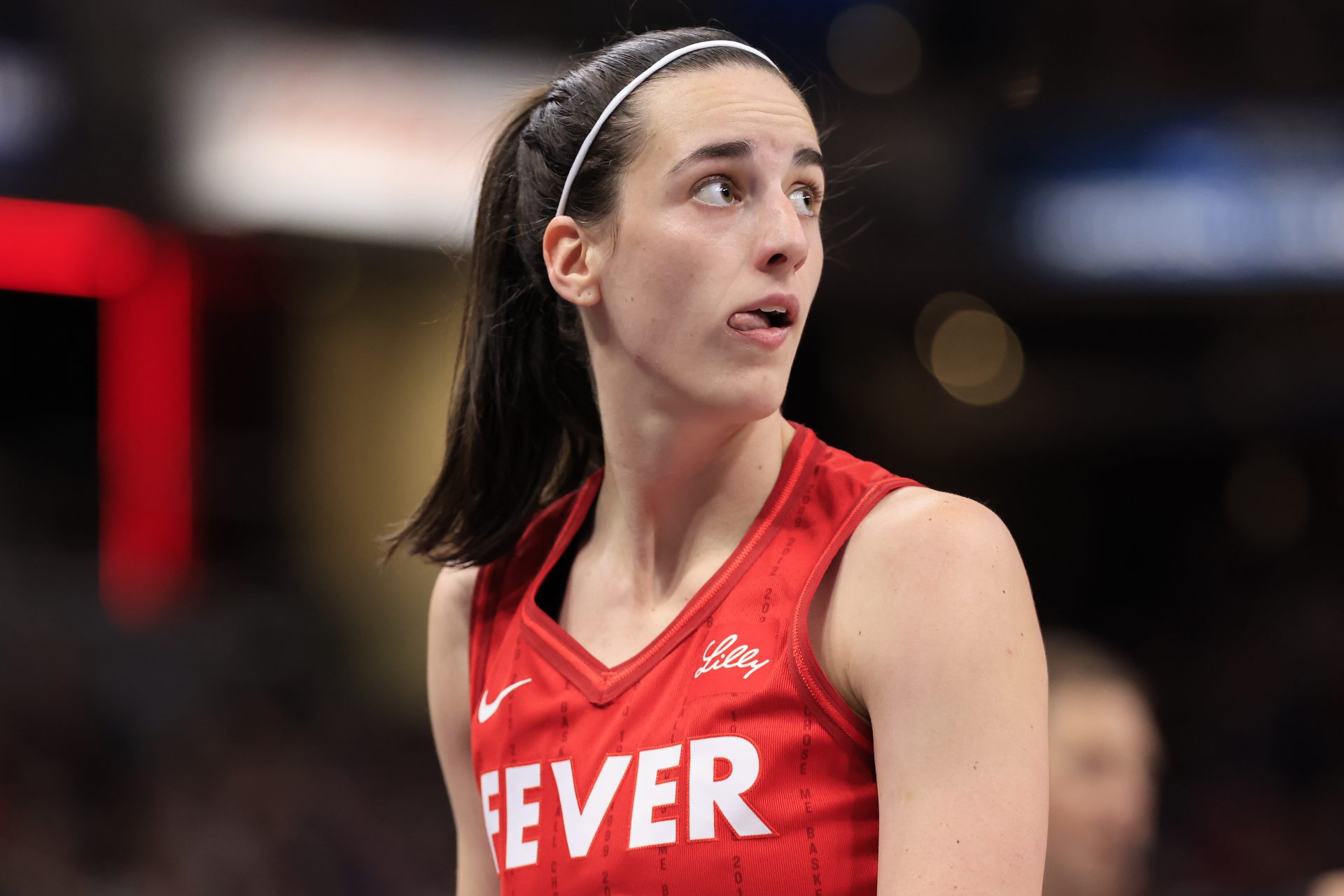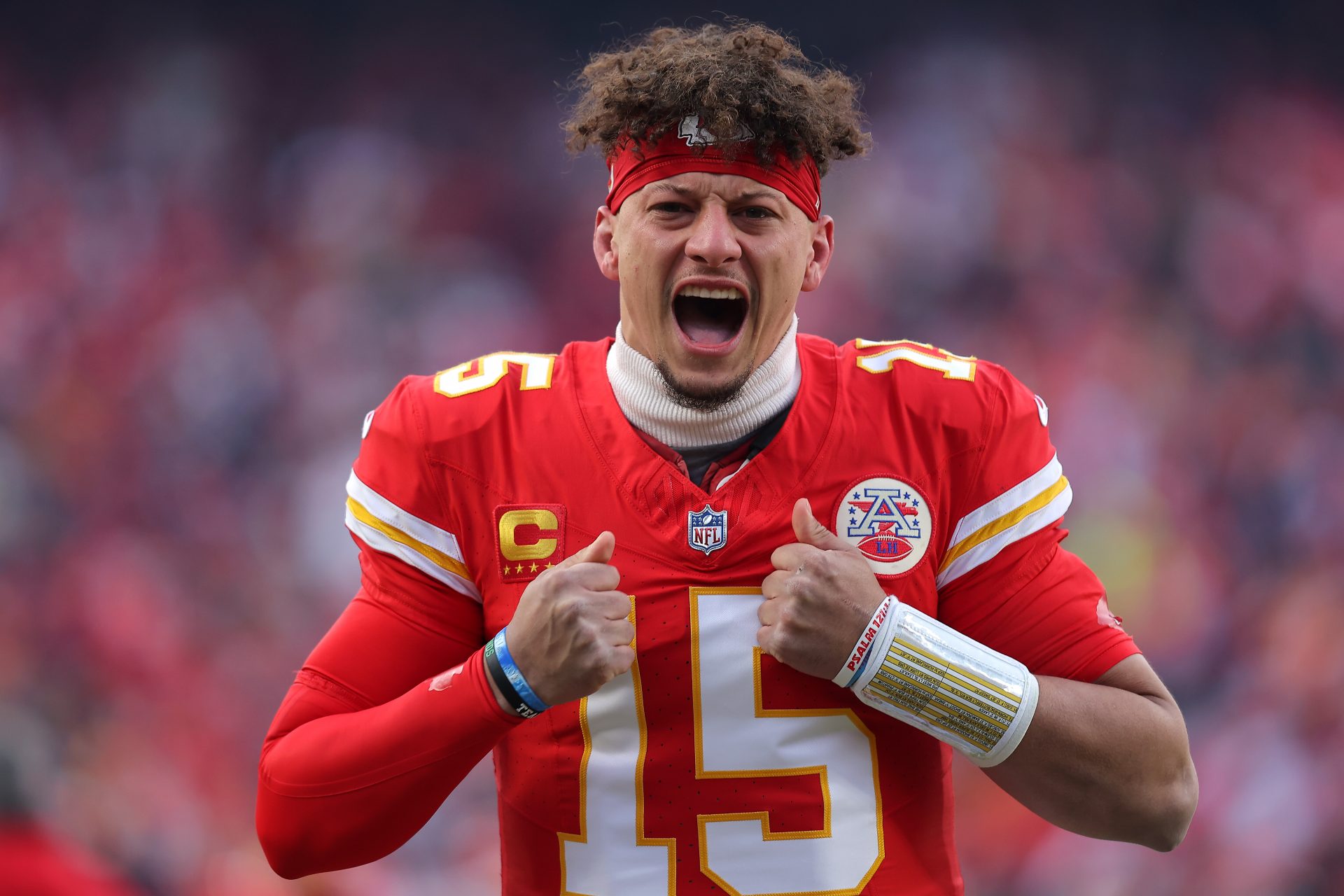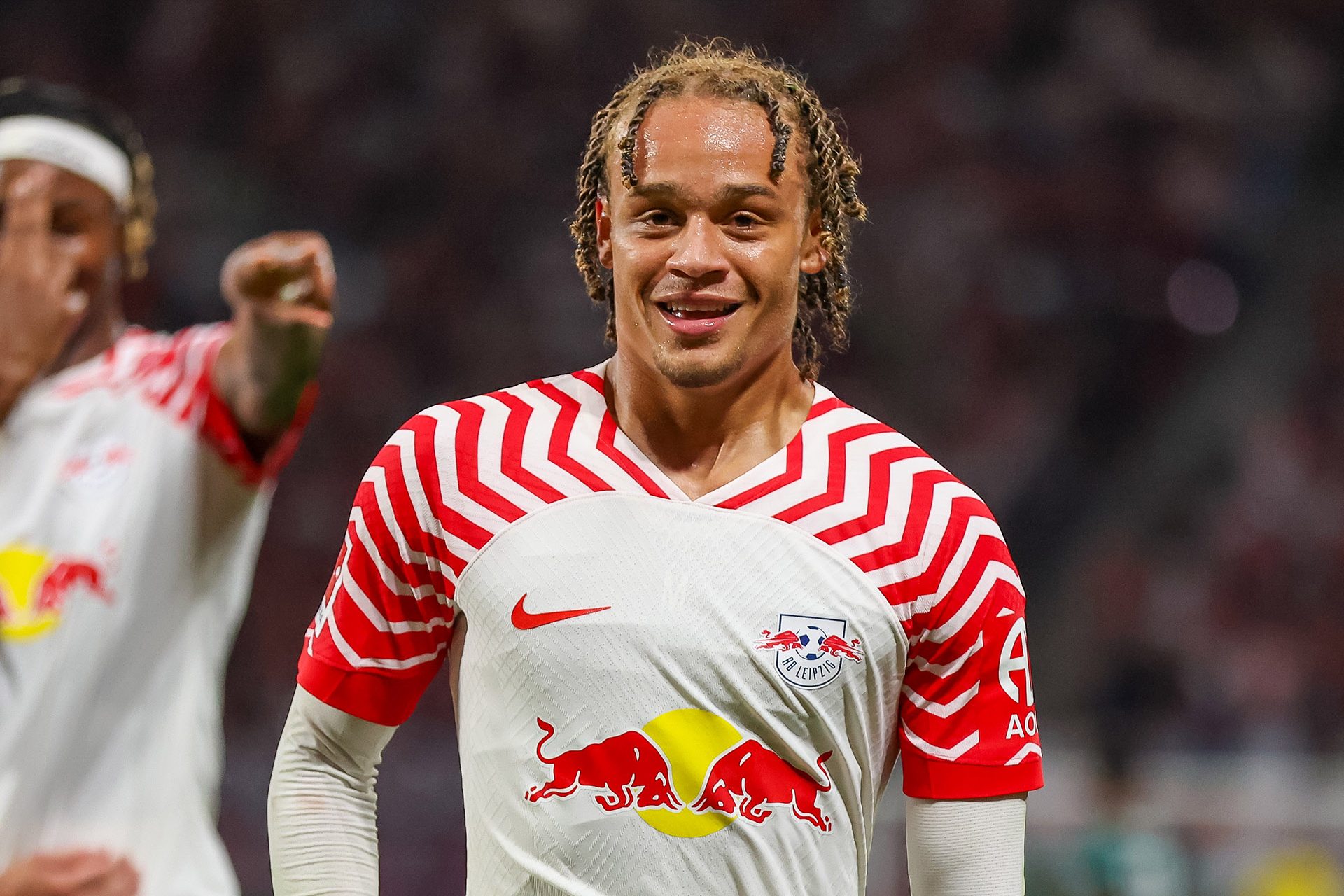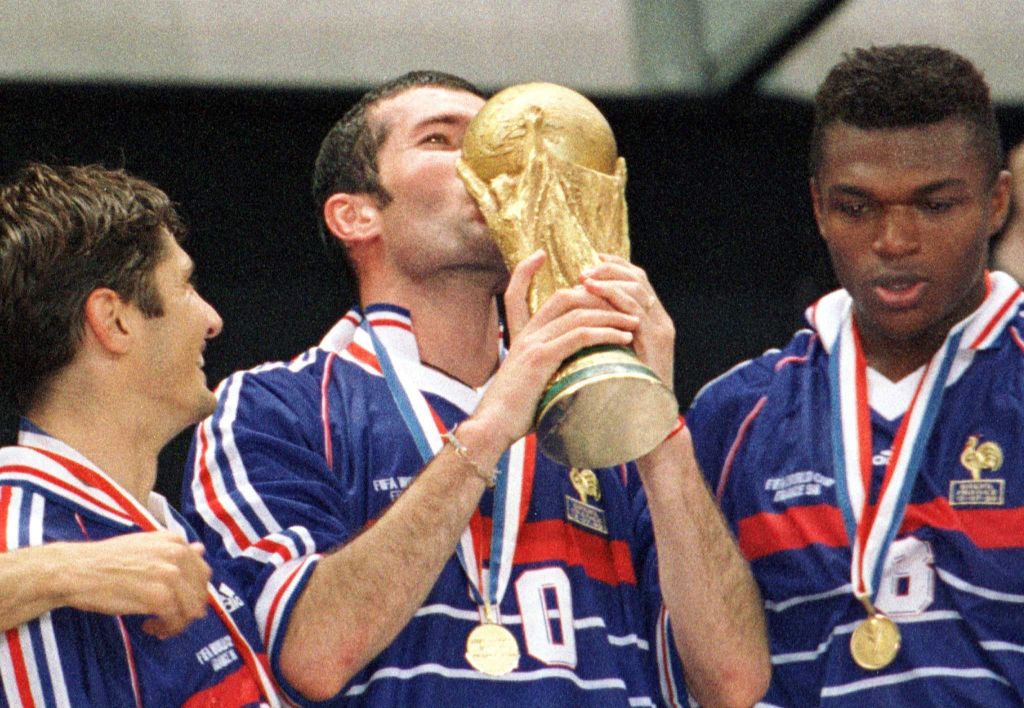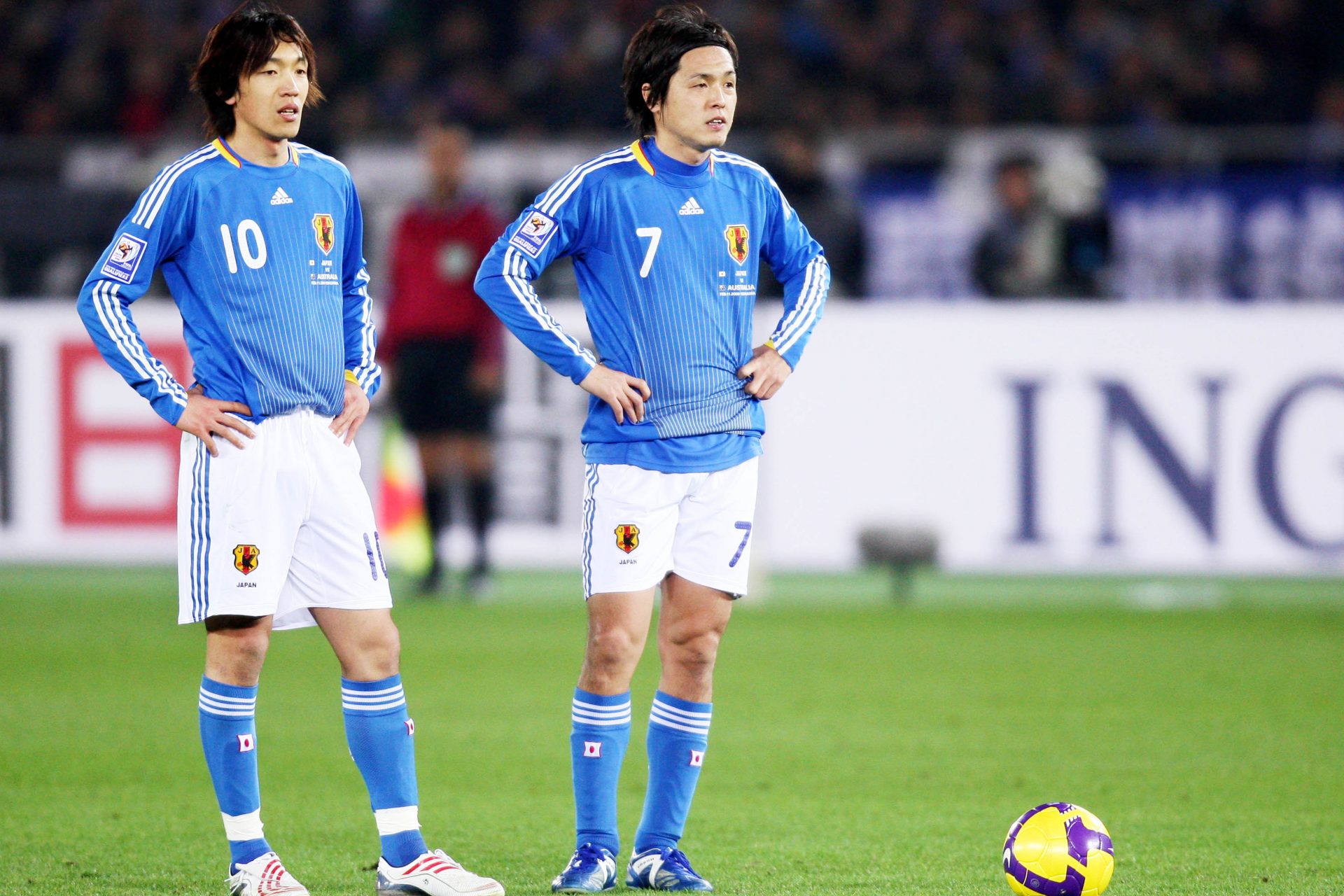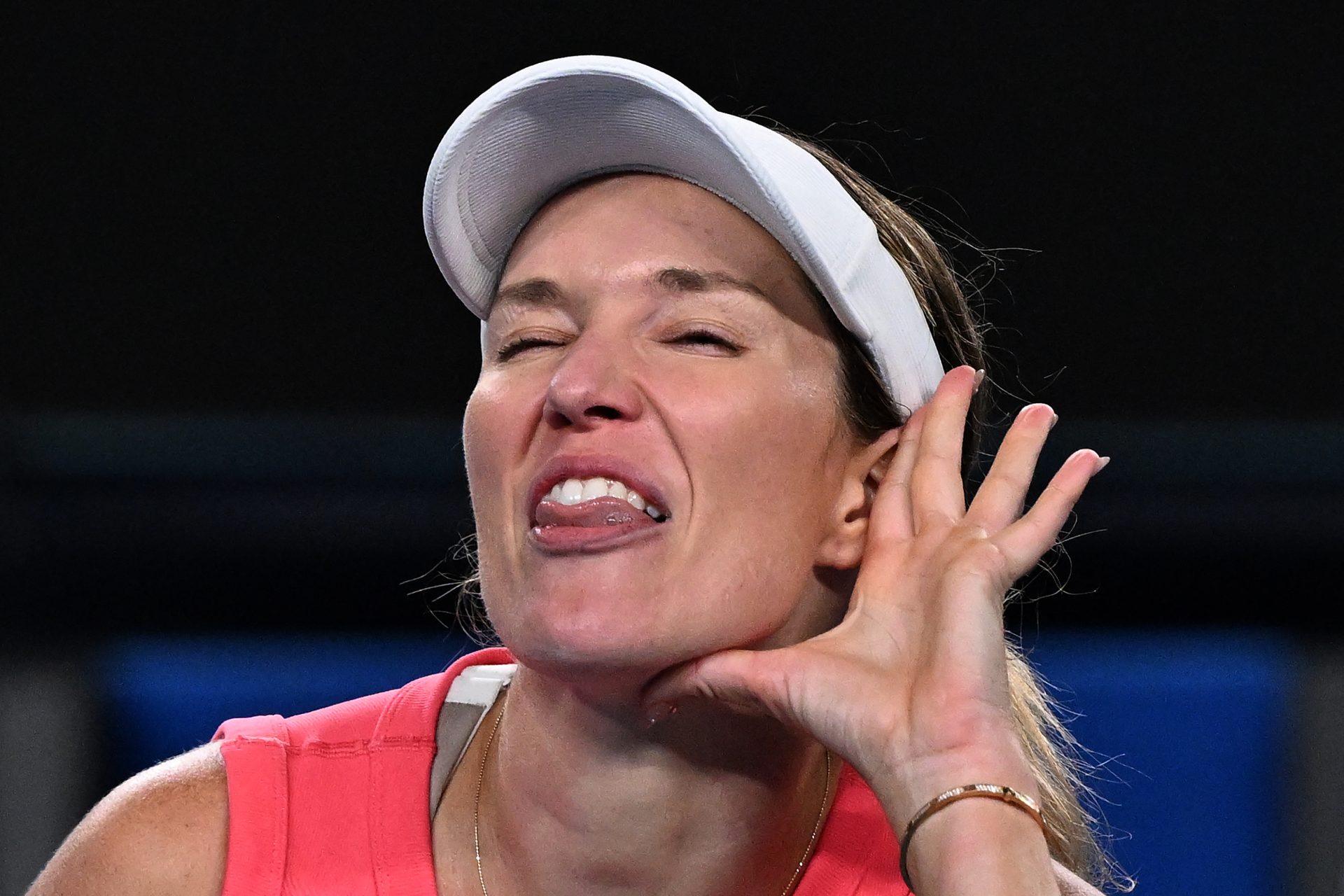Every current Premier League club's most influential owner
Ownership has become a cornerstone of modern football, determining the success and direction of clubs both on and off the pitch. Throughout the decades, English football's global appeal has attracted investors from diverse backgrounds, from local businessmen to billionaires and foreign consortiums.
Football club ownership isn't just about financial backing — it's about vision, leadership and ambition. From building state-of-the-art facilities to assembling star-studded squads, the influence of owners can elevate clubs to new heights. Here, we'll explore the most influential owner for each Premier League club competing in the 2024/25 season, examining their impact through achievements, investments and legacy.
Sir Henry Norris played a pivotal role in Arsenal’s history, orchestrating their controversial move to Highbury in North London in 1913 and securing the club’s promotion to the First Division after World War I. Despite criticism and allegations of financial misconduct, Norris’s leadership established the foundations for Arsenal’s rise to prominence as one of England’s leading clubs. His vision created the conditions for Arsenal to attract Herbert Chapman (left), whose managerial brilliance in the 1930s revolutionised English football. Chapman’s tactical innovations, including the "WM" formation and emphasis on fitness and preparation, complemented Norris’s earlier administrative achievements, elevating Arsenal into a dominant footballing force.
Want to see more like this? Follow us here for daily sports news, profiles and analysis!
Known as 'Deadly Doug', Ellis was synonymous with Aston Villa for decades, serving as chairman during two distinct periods. His leadership oversaw the club’s First Division title in 1981 and their crowning achievement, the European Cup win in 1982. While controversial for his frugal spending approach at times, Ellis played a crucial role in stabilising the club financially. He was instrumental in modernising Villa Park and ensuring the club’s presence in English football's top tier.
Maxim Demin, a Russian businessman, played a key role in Bournemouth’s meteoric rise from League One to the Premier League. Taking over in 2011, Demin invested heavily in the club, backing Eddie Howe (pictured) during the team’s historic promotion to the Premier League in 2015. His financial support enabled Bournemouth to establish themselves in the top flight for five seasons, punching above their weight despite limited resources. Demin’s focus on steady growth and infrastructure improvements left the club in a much stronger position than when he arrived. His sale of Bournemouth to Bill Foley in 2022 marked the end of an era for the club but ensured stability for the future.
Matthew Benham’s (left) ownership has been revolutionary for Brentford, transforming the club into a model of sustainable football success. His data-driven approach to recruitment and player development has brought incredible returns, with stars like Ivan Toney flourishing under the leadership of long-term coach Thomas Frank (right). Under Benham’s stewardship, Brentford secured promotion to the Premier League for the first time in 74 years in 2021. The club continues to punch above its weight, finishing comfortably mid-table in consecutive seasons. Benham’s innovative methods have also inspired other clubs globally to adopt a statistical approach to management.
Tony Bloom (centre), a lifelong Brighton fan, took over as chairman in 2009 and has since overseen a meteoric rise. His £93m investment helped transform the club, moving them to the AMEX Stadium and ensuring financial stability. Brighton’s recruitment model, focusing on undervalued talent like Moisés Caicedo and Kaoru Mitoma, has been a cornerstone of their success. Under Bloom, Brighton achieved their highest-ever Premier League finish in 2023, qualifying for Europe. His contributions extend beyond the pitch, with Brighton now regarded as a blueprint for how smaller clubs can thrive.
Roman Abramovich’s (right) 2003 takeover marked the beginning of a new era for Chelsea, one defined by unparalleled success. Under his ownership, the club won 21 major trophies, including five Premier League titles and two Champions League crowns. Abramovich’s investment, reportedly exceeding £1.5bn, revolutionised Chelsea’s squad and elevated their global profile. He also transformed Stamford Bridge’s infrastructure and the club’s youth academy. Despite controversies surrounding his departure in 2022, Abramovich’s impact is indisputable, making Chelsea one of Europe’s most dominant forces.
Steve Parish (right), alongside American co-owners, rescued Crystal Palace from administration in 2010. Parish has since guided the club to consistent Premier League stability, defying financial limitations compared to larger teams. The 2013 promotion to the Premier League under his stewardship was a turning point, with the club now enjoying over a decade in the top flight. Investments in Selhurst Park and a focus on retaining top talent, such as Eberechi Eze, have been critical. Parish’s leadership ensures that Palace remains a strong, community-focused club with a loyal fanbase.
Want to see more like this? Follow us here for daily sports news, profiles and analysis!
John Moores (front, centre) is remembered as the architect of Everton’s most successful era. As chairman from 1961 to 1973, Moores oversaw the club’s 'School of Science' identity and guided them to two First Division titles. Under his leadership, Everton laid the groundwork for their dominance in the 1980s. Moores invested heavily in the club, ensuring a competitive edge both on and off the pitch. His tenure remains a golden age for Evertonians, symbolising ambition and vision.
Mohamed Al-Fayed (front, left) transformed Fulham into a Premier League side during his ownership from 1997 to 2013. When he bought the club, Fulham were in the third tier, but his financial backing propelled them to the top flight by 2001. Al-Fayed’s investments in players and Craven Cottage improvements helped the club achieve its first-ever European final in 2010, where they were Europa League runners-up. His charismatic leadership, including his decision to place a statue of Michael Jackson outside the stadium, left an indelible mark.
Cobbold (left), an aristocratic businessman, was the driving force behind Ipswich Town’s golden era, particularly during the 1970s and 1980s. Under Cobbold’s leadership, the club achieved unprecedented success, including winning the 1962 FA Cup and securing the 1981 UEFA Cup, a triumph that cemented their place among Europe's elite. Cobbold’s support of manager Bobby Robson (right) was instrumental, allowing Robson to build a team that challenged for domestic and European honours.
His ownership also saw the development of Portman Road, which became one of the most respected grounds in English football. Despite selling the club in the late 1980s, Cobbold's legacy remains tied to Ipswich's finest achievements.
The Srivaddhanaprabha family, led by the late Vichai Srivaddhanaprabha, acquired Leicester City in 2010, rescuing the club from financial instability. Under their ownership, Leicester experienced one of the most remarkable stories in Premier League history, with the club defying the odds to win the 2015/16 title. The Srivaddhanaprabha family’s investment went beyond just the squad; they revitalised the King Power Stadium, invested in youth development and prioritised community engagement. Following Vichai’s tragic passing in a helicopter crash in 2018, his son, Aiyawatt, took over the reins. The Foxes' FA Cup victory in 2021, under Aiyawatt’s leadership, further solidified the Srivaddhanaprabha family's legacy.
Fenway Sports Group, led by John W. Henry, acquired Liverpool in 2010, injecting financial stability into the club during a time of crisis. Henry’s ownership has seen Liverpool return to the top of English football, culminating in the 2019 Champions League win and the 2020 Premier League title, their first in 30 years. FSG’s philosophy centres around financial prudence, including significant investments in Anfield’s expansion and youth development. The data-driven approach they champion has helped Liverpool secure success through smart recruitment, with the likes of Mohamed Salah and Virgil van Dijk playing pivotal roles in the club's recent triumphs. Under Henry, Liverpool have become a commercial powerhouse, expanding their global brand and international fanbase.
Sheikh Mansour’s ownership of Manchester City, which began in 2008 through the Abu Dhabi United Group, transformed the club into one of the wealthiest and most successful in the world. City’s rise to dominance has been marked by substantial financial investments, including world-class players, state-of-the-art training facilities and a new stadium. Under Mansour’s leadership, City have won multiple Premier League titles, FA Cups and a historic treble in 2023, which included their first-ever Champions League trophy. The owner’s long-term vision focuses on sustainable success, with extensive community and social investment in the Greater Manchester area.
Martin Edwards (left) was the driving force behind Manchester United’s rise to dominance during his tenure as chairman from 1980 to 2002. Under Edwards' leadership, United made the transition from a club in decline to one of the most successful in world football. His appointment of Sir Alex Ferguson (right) in 1986, following a period of struggle, proved pivotal, culminating in 13 Premier League titles and two Champions League victories. Edwards' vision for the club included a strong emphasis on youth development, which laid the foundation for United’s legendary youth academy and the emergence of players like Ryan Giggs and Paul Scholes. His sale of the club to the Glazers in 2005 marked the end of an era.
In 2021, a consortium led by the Saudi Public Investment Fund (PIF), which controls an estimated $620 billion in assets, acquired Newcastle United. The takeover, one of the wealthiest in football history, has already begun reshaping the club’s fortunes, with heavy investments in squad recruitment and facilities. Under the leadership of PIF, Newcastle have risen from relegation battlers to Champions League contenders, securing a top-four finish in 2023.
Want to see more like this? Follow us here for daily sports news, profiles and analysis!
Evangelos Marinakis, a Greek shipping magnate, acquired Nottingham Forest in 2017, ending a period of instability at the club. Under Marinakis’ ownership, Forest were promoted to the Premier League in 2022 after a 23-year absence, bringing fresh hope to their passionate fanbase. His investment in players, particularly in the 2022/23 season, was crucial in securing survival in the Premier League. Marinakis has also overseen a significant overhaul of the club’s infrastructure, including improvements to the City Ground stadium and its facilities. Marinakis’ ambition is clear: to establish Nottingham Forest as a consistent Premier League side with aspirations of European competition.
Markus Liebherr, a Swiss billionaire, purchased Southampton FC in 2009, saving the club from financial ruin after it entered administration. His investment quickly revitalised the club, leading to two successive promotions from League One to the Premier League between 2010 and 2012. Liebherr's stewardship was marked by his emphasis on youth development and a focus on building a sustainable, competitive team. Under his ownership, Southampton’s famed academy produced stars such as Adam Lallana, Theo Walcott and Gareth Bale, elevating the club’s stature both domestically and internationally.
Joe Lewis (left), through his ENIC Group, has held control of Tottenham Hotspur since 2001, with Daniel Levy (right) serving as chairman. Under his ownership, Spurs have undergone significant transformation, most notably the construction of the state-of-the-art Tottenham Hotspur Stadium, completed in 2019. Lewis and Levy's leadership has seen the club consistently competing in the Premier League's top six, reaching a Champions League final in 2019 and securing significant commercial partnerships. While the club has experienced financial growth and success off the pitch, the pursuit of major silverware has remained elusive, leading to mixed fan reactions. Despite this, Levy's business acumen has shaped the club into one of the most valuable and commercially viable in English football.
David Sullivan (right), alongside his business partner, the late David Gold (left), took control of West Ham in 2010, providing the financial backing to lift the club from the brink of relegation. Sullivan and Gold’s tenure saw West Ham return to the Premier League's upper echelons, culminating in a Europa Conference League victory in 2023, the club's first European trophy in 58 years. In 2021, Czech billionaire Daniel Kretinsky became a significant shareholder, with plans to further elevate the club's stature in both English and European football, while also navigating challenges surrounding the club's move to the London Stadium.
Fosun International, a Chinese multinational conglomerate, acquired Wolverhampton Wanderers in 2016, bringing with it a new era of investment and ambition. Under Fosun’s leadership, Wolves made an immediate impact on the Premier League, achieving promotion in 2018 and finishing seventh in their first season back in the top flight. The club’s strategy has heavily relied on their partnership with super-agent Jorge Mendes (pictured), leading to the acquisition of several high-profile Portuguese talents such as Ruben Neves and João Moutinho.
Want to see more like this? Follow us here for daily sports news, profiles and analysis!
More for you
Top Stories





